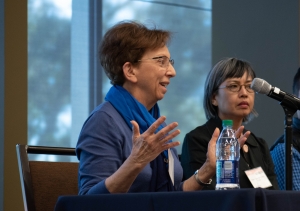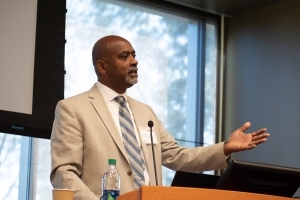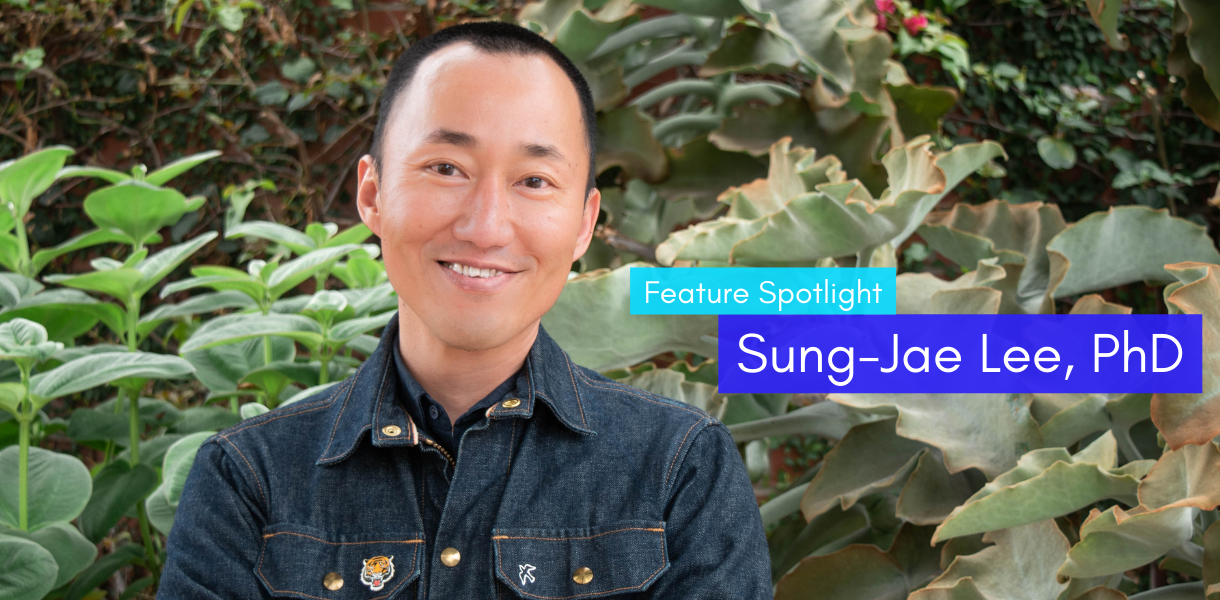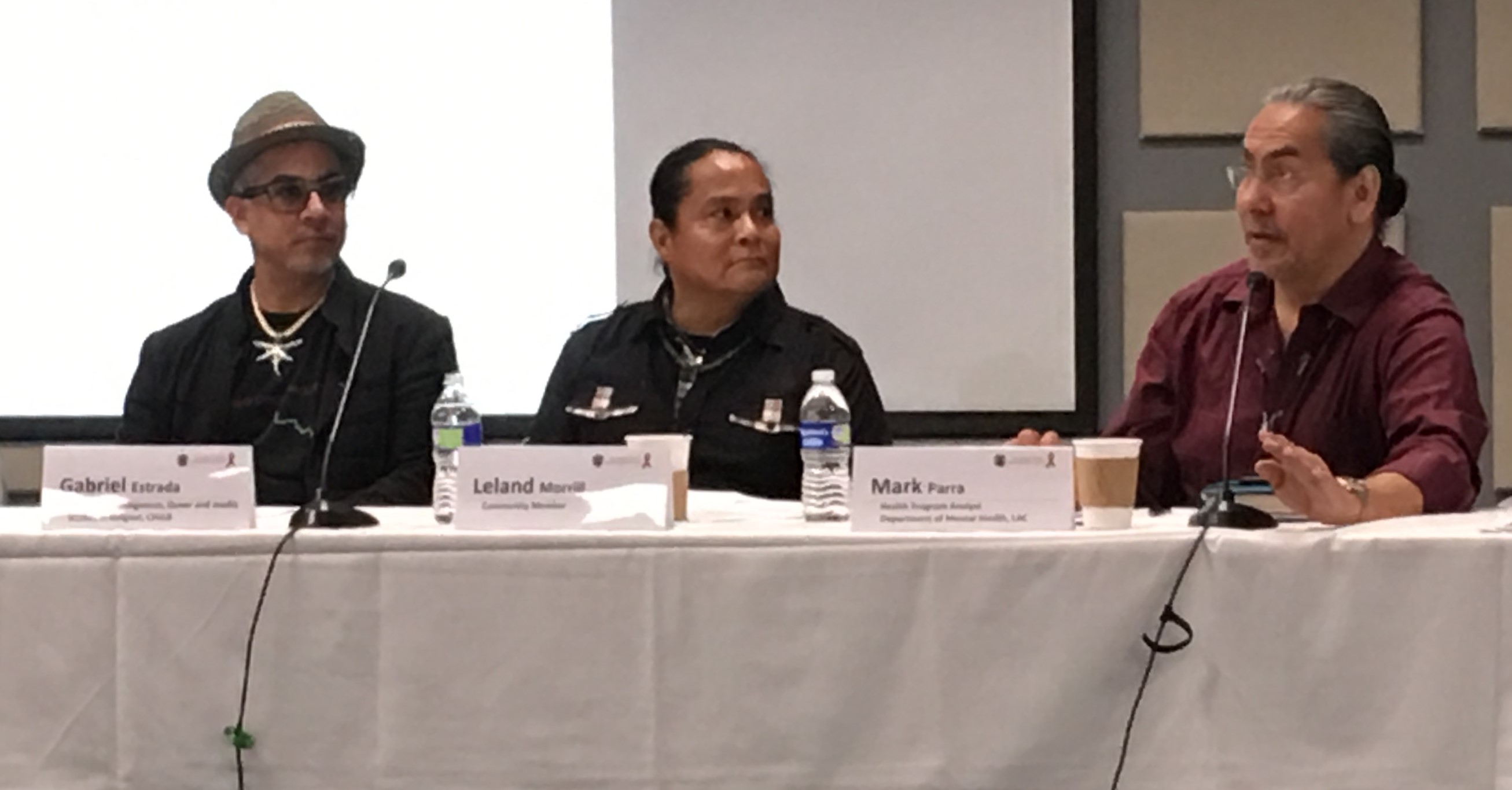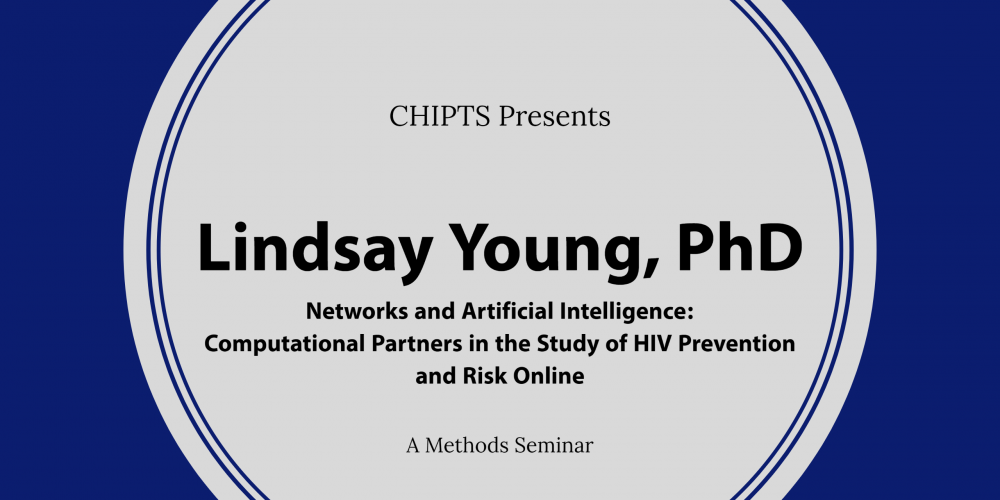Clinicians should screen for HIV in adolescents, adults, and pregnant people and offer PrEP to people at high risk for HIV. You can find the original recommendation available for download here:
U.S. Preventive Services Task Force Issues Final Recommendation Statements on HIV Screening and HIV Prevention
WASHINGTON, D.C. – June 11, 2019 – The U.S. Preventive Services Task Force (Task Force) today published final recommendation statements on HIV screening and HIV prevention. Based on its review of the evidence, the Task Force recommends that clinicians screen for HIV in everyone ages 15 to 65 years and all pregnant people. Younger adolescents and older adults at increased risk for HIV should also be screened. The Task Force also recommends that clinicians offer pre-exposure prophylaxis (PrEP)—a pill that helps prevent HIV—to people at high risk of HIV. These are A recommendations.
HIV is a virus that attacks cells that help the body fight infection, making a person more vulnerable to other infections and diseases. HIV is spread by contact with certain bodily fluids of a person infected with HIV, most commonly during sex without a condom or through injection drug use. HIV continues to be a significant public health issue; about 40,000 people are diagnosed with HIV each year. While HIV infection rates have been going down, rates among some groups are on the rise, most notably among young adults. “Clinicians can make a real difference toward reducing the burden of HIV in the United States,” says Task Force chair Douglas K. Owens, M.D., M.S. “HIV screening and HIV prevention work to reduce new HIV infections and ultimately save lives.”
Screening for HIV
Screening is the only way to know if a person has been infected with HIV because, after initial flu-like symptoms, HIV does not cause any signs or symptoms for several years. The Task Force recommends HIV screening for everyone between the ages of 15 and 65 and for anyone who is pregnant. People younger than 15 and older than 65 who are at increased risk for HIV should also be screened. Behaviors that increase someone’s risk include having a new sex partner whose HIV status is unknown.
“Screening for HIV is important so that everyone knows their HIV status, and those with HIV can begin treatment right away,” says Task Force member John Epling, M.D., M.S.Ed. “Today’s treatments help people live long, healthy lives and lower the risk of passing HIV to others.”
People who learn that they have HIV need to start treatment as soon as possible to suppress the virus (keep the amount of HIV in the blood very low) and prevent HIV-related disease. Treatment also helps to reduce the chance that someone with HIV can pass the infection to another person, including pregnant people passing it on to their baby.
PrEP for HIV Prevention
In addition to screening, people need to take steps to prevent getting HIV by using condoms during sex and, for those who inject drugs, using clean needles and syringes. People at high risk for HIV have an additional strategy for prevention: taking PrEP. The Task Force found that PrEP is highly effective at preventing HIV, if taken daily. Taking PrEP less often lowers its effectiveness. Like with many medicines, there are benefits and harms of use. For people at high risk of getting HIV, the benefits of PrEP far outweigh the harms, which can include kidney problems and nausea.
PrEP is not for everyone; it is for people who do not have HIV but are at high risk for getting it. Behaviors that can put someone at high risk include having a sex partner who is living with HIV, having sex without a condom with a partner whose HIV status is unknown and who is at high risk for HIV, and sharing injection drug equipment.
“Clinicians have the opportunity to protect patients at high risk for HIV by offering PrEP,” says Task Force member Seth Landefeld, M.D. “To know which patients are good candidates for PrEP, clinicians need to ask all patients about their sexual history and injection drug use in an open and nonjudgmental way.” Clinicians should also provide support to patients taking PrEP to help them follow the daily regimen for maximum protection.
PrEP only helps prevent HIV. People who take PrEP should continue to use condoms and practice other behaviors to reduce their risk of other sexually transmitted infections.
The Task Force’s final recommendation statements and corresponding evidence summaries have been published online in the Journal of the American Medical Association and posted on the Task Force Web site. Draft versions of these recommendations and evidence reviews were available for public comment from November 20, 2018, to December 26, 2018.
The Task Force is an independent, volunteer panel of national experts in prevention and evidence based medicine that works to improve the health of all Americans by making evidence-based recommendations about clinical preventive services such as screenings, counseling services, and preventive medications.
Dr. Owens is a general internist and investigator at the Center for Innovation to Implementation at the Veterans Affairs Palo Alto Health Care System. He is the Henry J. Kaiser, Jr., professor at Stanford University, where he is also a professor of medicine.
Dr. Epling is a professor of family and community medicine at the Virginia Tech Carilion School of Medicine in Roanoke, VA. He is the medical director of research for family and community medicine, is the medical director of employee health and wellness for the Carilion Clinic, and maintains an active clinical primary care practice.
Dr. Landefeld is the chairman of the Department of Medicine and the Spencer chair in medical science leadership at the University of Alabama at Birmingham School of Medicine. Dr. Landefeld also serves on the board of directors of the American Board of Internal Medicine.
Contact: USPSTF Media Coordinator at Newsroom@USPSTF.net / (202) 572-2044
 Alex Dubov, PhD
Alex Dubov, PhD

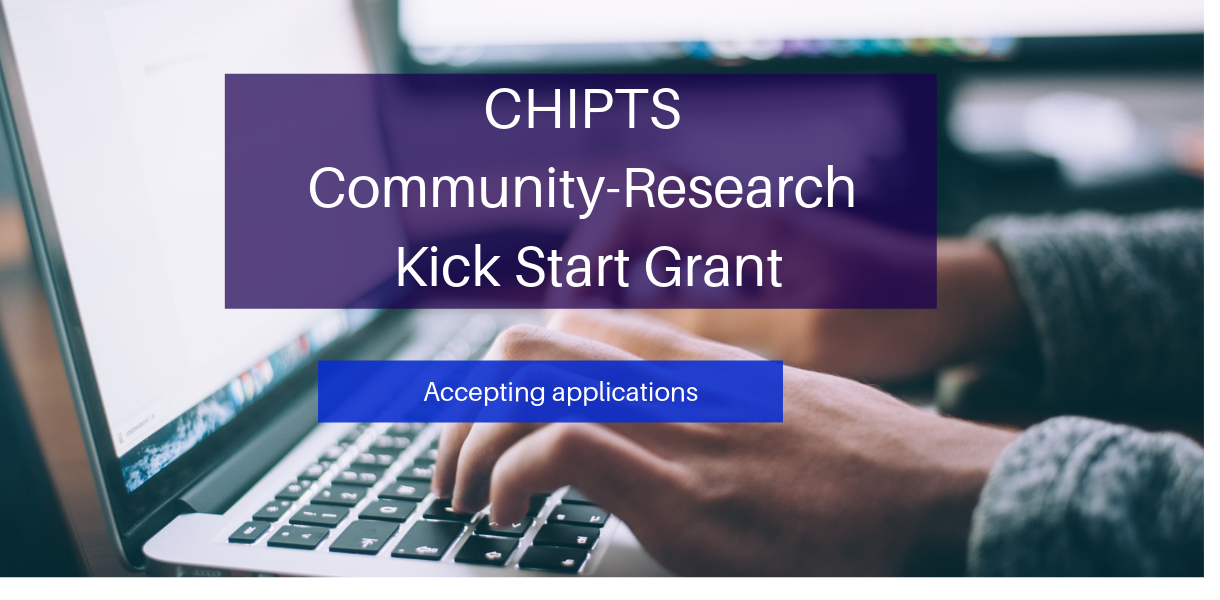
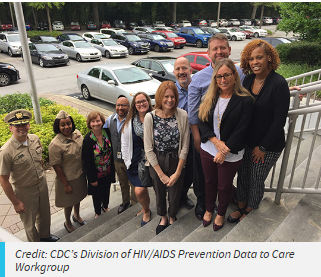
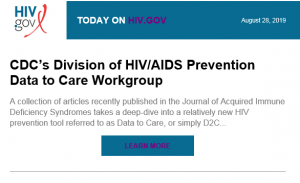
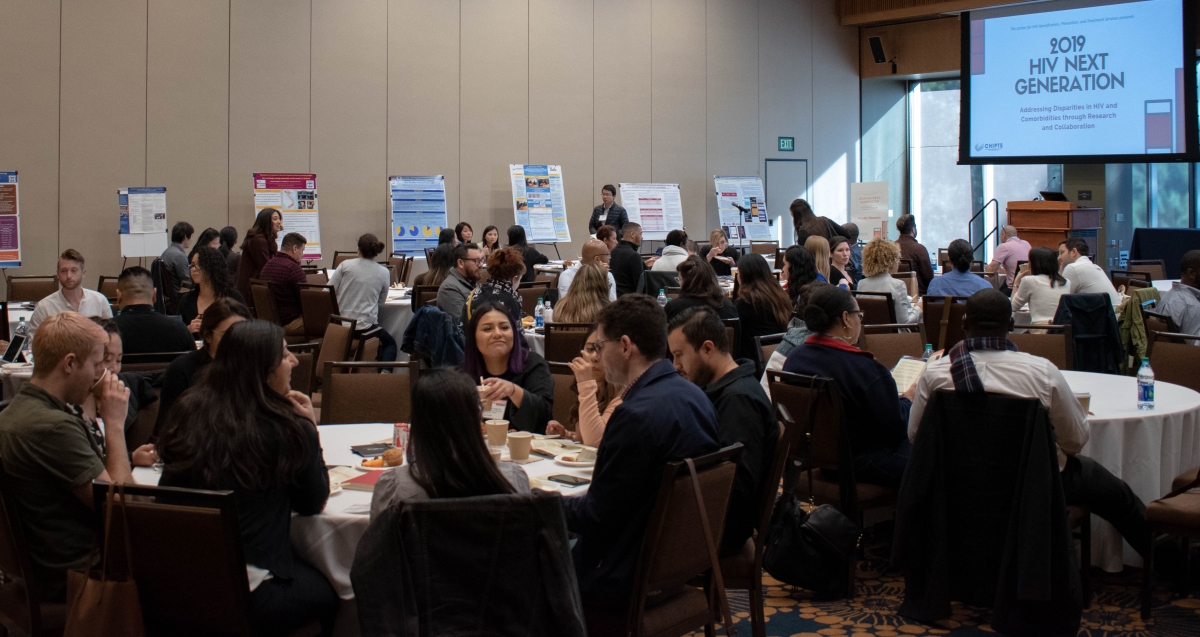
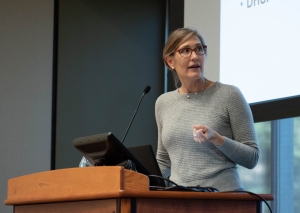 Registration is now open for CHIPTS HIV Next Generation Conference on Friday, January 31, 2020 at UCLA Covel Commons. The goal of this conference is to support the next generation of HIV researchers, HIV prevention, and treatment practitioners to work towards an end to AIDS locally and globally through networking and sharing visions for future priorities. You will find a draft agenda at the bottom of this page.
Registration is now open for CHIPTS HIV Next Generation Conference on Friday, January 31, 2020 at UCLA Covel Commons. The goal of this conference is to support the next generation of HIV researchers, HIV prevention, and treatment practitioners to work towards an end to AIDS locally and globally through networking and sharing visions for future priorities. You will find a draft agenda at the bottom of this page.
